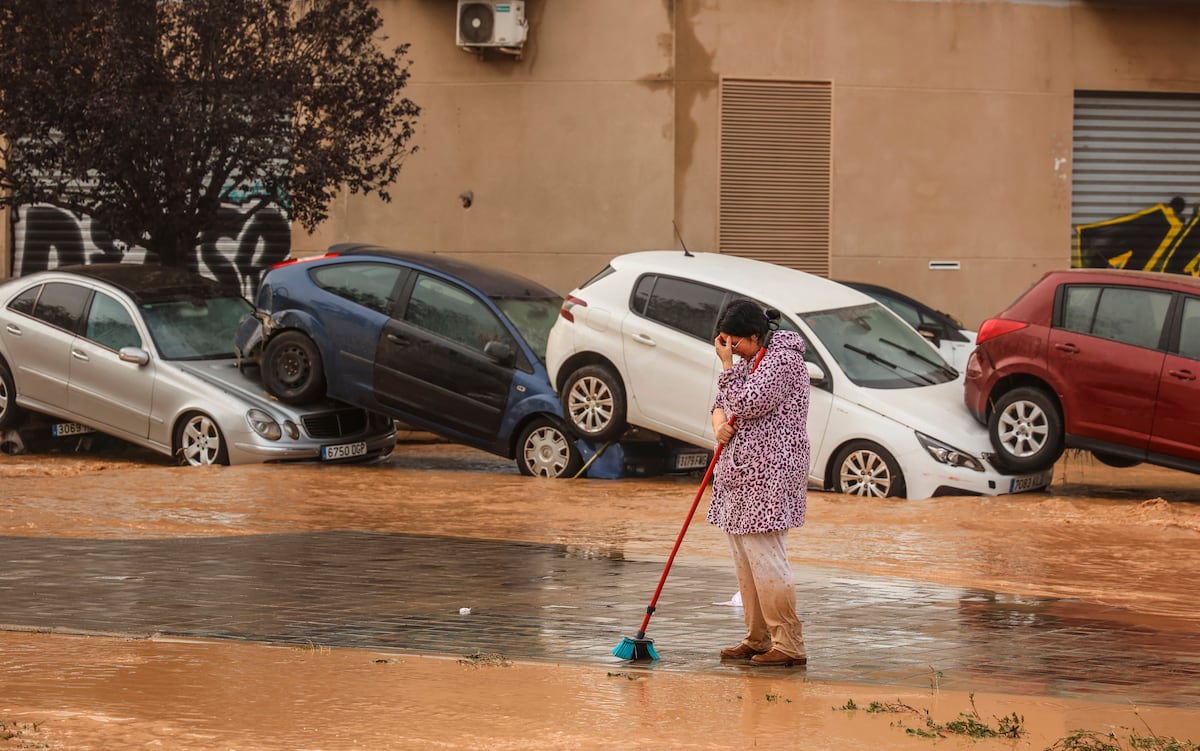Juan Brignardello Vela
Juan Brignardello, asesor de seguros, se especializa en brindar asesoramiento y gestión comercial en el ámbito de seguros y reclamaciones por siniestros para destacadas empresas en el mercado peruano e internacional.




The UN climate summit, COP29, taking place in Baku, Azerbaijan, has highlighted the alarming climate situation facing the Mediterranean region. During his speech, the Spanish Prime Minister, Pedro Sánchez, warned that “climate change kills,” citing the devastating floods on October 29 in Valencia as a clear example of the impending crisis. This event, which left shocking images, is not an isolated case but part of a growing phenomenon that has intensified in recent decades. A report prepared by MedECC, a network of environmental scientists, and the Union for the Mediterranean organization reveals that the frequency of sudden floods has increased significantly. This trend is attributed to climate change and urban expansion in vulnerable areas. Poor land management and urbanization in flood-prone zones are factors that increase risk, especially in countries like Spain, Turkey, Greece, Italy, and France. The study warns that without effective adaptation, the likelihood of sudden floods will increase over time. Intense rainfall, exceeding 40 mm daily, is what usually triggers these disasters. Moreover, the growing population in coastal areas, which already houses a third of the Mediterranean region's inhabitants, exacerbates the situation. This phenomenon could force up to 20 million people to leave their homes by the end of the century, especially in southern and eastern countries. In addition to flooding, the report highlights other climate-related risks, such as rising sea levels. This phenomenon not only threatens coastal infrastructure but also impacts the tourism sector, which is vital for the region's economy. The sea level, currently rising at 2.8 millimeters per year, is expected to continue throughout the century, causing coastal erosion and reducing areas available for sun and beach tourism. The study estimates that the coastline could retreat between 17.5 and 23 meters by 2050, and between 40 and 65 meters by 2100, depending on the actions taken to reduce greenhouse gas emissions. This reduction in the coastline will have devastating consequences for the tourism industry, which could see its beaches erode, thereby diminishing its appeal. Professor Piero Lionello, one of the report's coordinators, emphasized the need for adaptation measures to mitigate the effects of climate change. Although strategies such as building barriers or restoring dune systems exist, their implementation remains insufficient. “It is important to get ahead,” Lionello states, highlighting the urgency of acting in the face of the climate emergency. Another alarming aspect presented in the report is the increase in water temperature in the Mediterranean. In the last two decades, the frequency and duration of marine heatwaves have significantly increased, leading to episodes of mass mortality in various marine species. This not only affects local biodiversity but also disrupts the marine ecosystem as a whole. The invasion of non-native species, facilitated by warmer waters, represents another significant challenge. These species, often introduced through the Suez Canal, tend to displace native species, disrupting the ecological balance and threatening the biodiversity of the Mediterranean. The lionfish, for example, is one of the species that has proliferated at the expense of local species, highlighting how climate change and human activity intertwine in the current crisis. As discussions continue in Baku, it is clear that the climate crisis is not a distant or hypothetical issue; it is an immediate challenge that demands urgent action. The combination of scientific reports, shocking images of recent disasters, and statements from world leaders underscores the need for a global commitment to tackle climate change. With the future of millions of people at stake and the economy of an entire region threatened, COP29 could be a crucial turning point in the fight for a more resilient Mediterranean.







